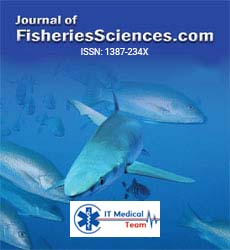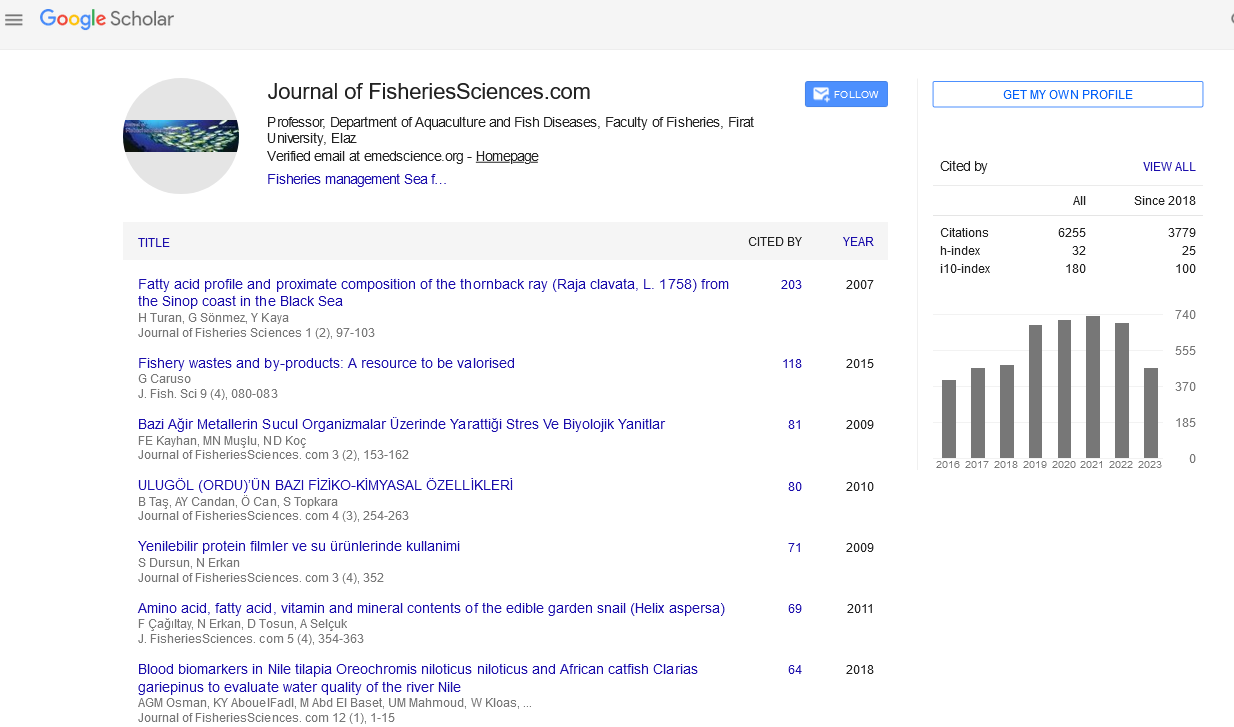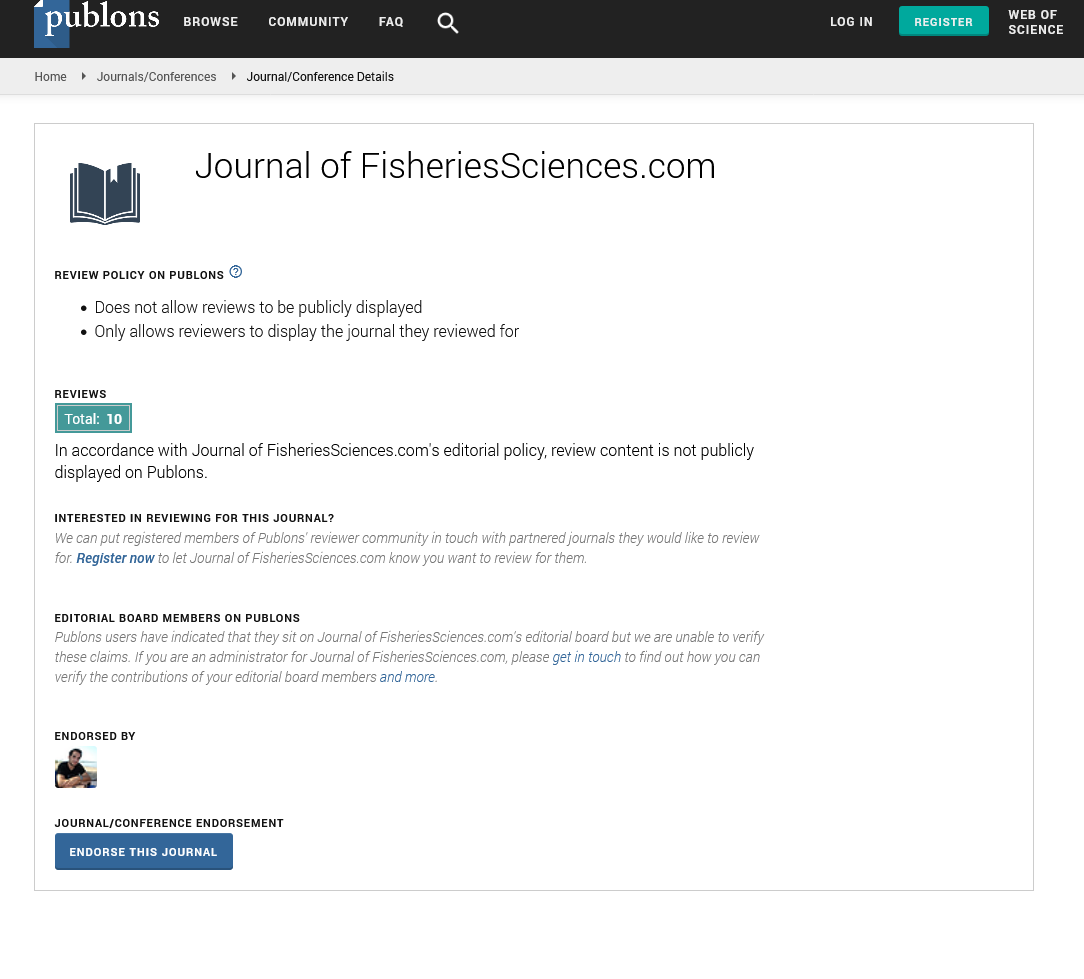Rebeaca Frosty*
1Department of Fish, and Conservation Biology, University of California, Davis, USA
- *Corresponding Author:
- Frosty R
Department of Fish, and Conservation Biology, University of California, Davis, USA
E-mail: Rebeacafr@gmail.edu
Received Date: 03.06.2021; Accepted Date: 17.06.2021; Published Date: 24.06.2021
Description
The analysis turned up several insights. On the topic of the fishing industry’s relationship to the community, harvesters generally viewed their community’s survival as very important. Fishing communities, like many rural communities in Canada, are seeing their populations dwindle as younger people move away and remaining residents age. Participants in this study were generally concerned about this trend. They wanted their community to survive either because they had homes and investments in their communities, for historical or cultural reasons, or simply because they had an attachment to where they had grown up. The final topic explored in this study was the transferability of fishing rights. The results of this part of the study were in line with the first two. Participants generally did not favour policies like more relaxed rules about vessel leasing or individual transferable quotas (ITQs) if they thought it would lead to value leaving their communities or a situation in which harvesters would not be able to earn a sufficient living.The main contribution of this is paper is that the analysis leverages the theoretical tools of political philosophy to identify and distinguish features of harvesters’ beliefs that might be relevant to policymakers. The normative beliefs people have about what is valuable, just, or fair are an important aspect of natural resource governance. They influence which goals stakeholders find worthwhile and which systems they consider fair. They also affect the efficacy of regulatory systems through their impact on, for example, community participation, policy evasion, and external enforcement costs. Philosophers sometimes make a distinction between instrumental and non-instrumental value. If something is instrumentally valuable, then it is valuable because it leads to a desirable outcome. If something is non-instrumentally valuable, then it is valuable independent of any particular outcomes it generates. The study that the paper asked fish harvesters about their beliefs about three different topics; the relationship between the fishery and the community; inequality within the industry; and the transferability of fishing rights. Their answers are analyzed using the tools of normative analysis that are typically found in political philosophy. The normative beliefs people have about what is valuable, just, or fair are an important aspect of natural resource governance. They influence which goals stakeholders find worthwhile and which systems they consider fair. They also affect the efficacy of regulatory systems through their impact on, for example, community participation, policy evasion, and external enforcement costs. This distinction was useful in analyzing harvester’s answers. In the data, community survival could be viewed as either instrumental or non-instrumentally valuable, but the fishing industry was generally thought to be instrumentally valuable since it sustained the community. Since the fisheries are viewed as instrumental to community survival, regulatory systems that emphasize community-focused economic sustainability are likely to earn local support. The findings of this paper demonstrate that harvesters often weigh more than economic self-interest when forming opinions about the regulatory systems that govern their economic lives. Normative beliefs are an important aspect of fisheries governance and should be actively analyzed and weighed in policy decisions.
Conclusion
The study also offered some insight into the types of inequality that harvesters found acceptable. The two communities that were the site of the study were experiencing a period of relative prosperity when the interviews were conducted. Participants generally did not express concern about inequality between harvesters. This stands in contrast to studies conducted in the 1980s and 90s.
These studies took place at a time when it was difficult for many harvesters to earn a sufficient living. One reason for this might be that inequality is only viewed as problematic when some harvesters cannot earn enough money. This mirrors a philosophical theory called sufficientarianism. Sufficientarians believe that inequality between people is not a problem as long as everyone has sufficient resources to live a decent life. This paper provides some insight into the beliefs held by harvesters so that policies can be designed to meet the goals and of communities and align with stakeholders’ normative beliefs.
38490






